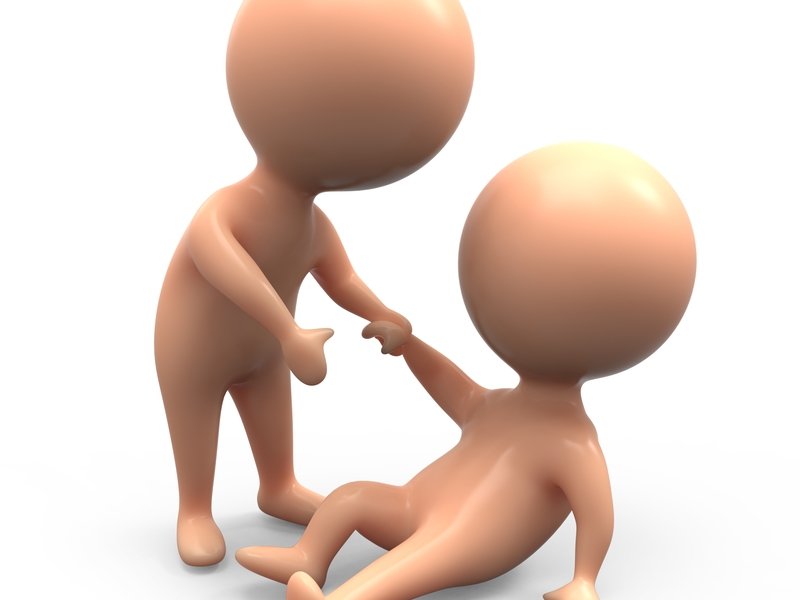Support Networks for EDS

Having a good support network is important for maintaining physical and mental health. Positive support from friends, family, peers, and co-workers can make you more resilient when encountering stress, depression, and anxiety.
Although specific studies on support networks in Ehlers-Danlos syndrome (EDS) patient populations have not been done, it is likely that, as with other chronic rare diseases, having a good support network is even more important for patients with EDS.
What is a support network?
A support network consists of all the people who support you. This can be friends, family, or co-workers. These are the people you call when you have good news to share, when you need help, or just need to talk to someone you trust.
How can a support network help?
Patients with EDS often experience stress, anxiety, and depression. The exact connections between these conditions are not clear. Do EDS and chronic pain cause anxiety, or are patients more stressed because of the disease? Whether treating EDS helps with anxiety and depression (or vice versa) also is an unanswered question.
Researchers don’t know the biological mechanisms of why interaction with other people is important. However, the effects seem clear — connecting with other people makes us fundamentally healthier, happier, and less stressed.
How can I find EDS support groups?
For many people, especially people facing a new diagnosis, it can be hard to find a support network. You may feel as if no one understands what you’re going through, or that you will be a burden on your friends and family because your illness isn’t going away.
If you don’t have a support network in place, support groups can be a good place to start. Some people find support groups through religious organizations, their workplace, or through involvement in the community. But there also are online and local structured support groups available for people living with EDS.
Not everyone needs or wants a structured support group. For many, calling a friend or family member a few times a month, meeting for coffee, or volunteering in the community, all provide sufficient social contact. However, if you don’t already have a support network and are too stressed to build one, a structured group may be beneficial. Talk to your healthcare team about support groups in your area. Search for local support groups online, and check social media.
Here are a few links to EDS support groups (both online, and groups that may have local chapters):
- The Ehlers-Danlos Society
- EDS Canada
- Ehlers-Danlos Support UK
- Rare Disease Connect (Ehlers-Danlos Syndrome Page)
Last updated: Mar. 11, 2020
***
Ehlers-Danlos News is strictly a news and information website about the disease. It does not provide medical advice, diagnosis, or treatment. This content is not intended to be a substitute for professional medical advice, diagnosis, or treatment. Always seek the advice of your physician or other qualified health provider with any questions you may have regarding a medical condition. Never disregard professional medical advice or delay in seeking it because of something you have read on this website.






